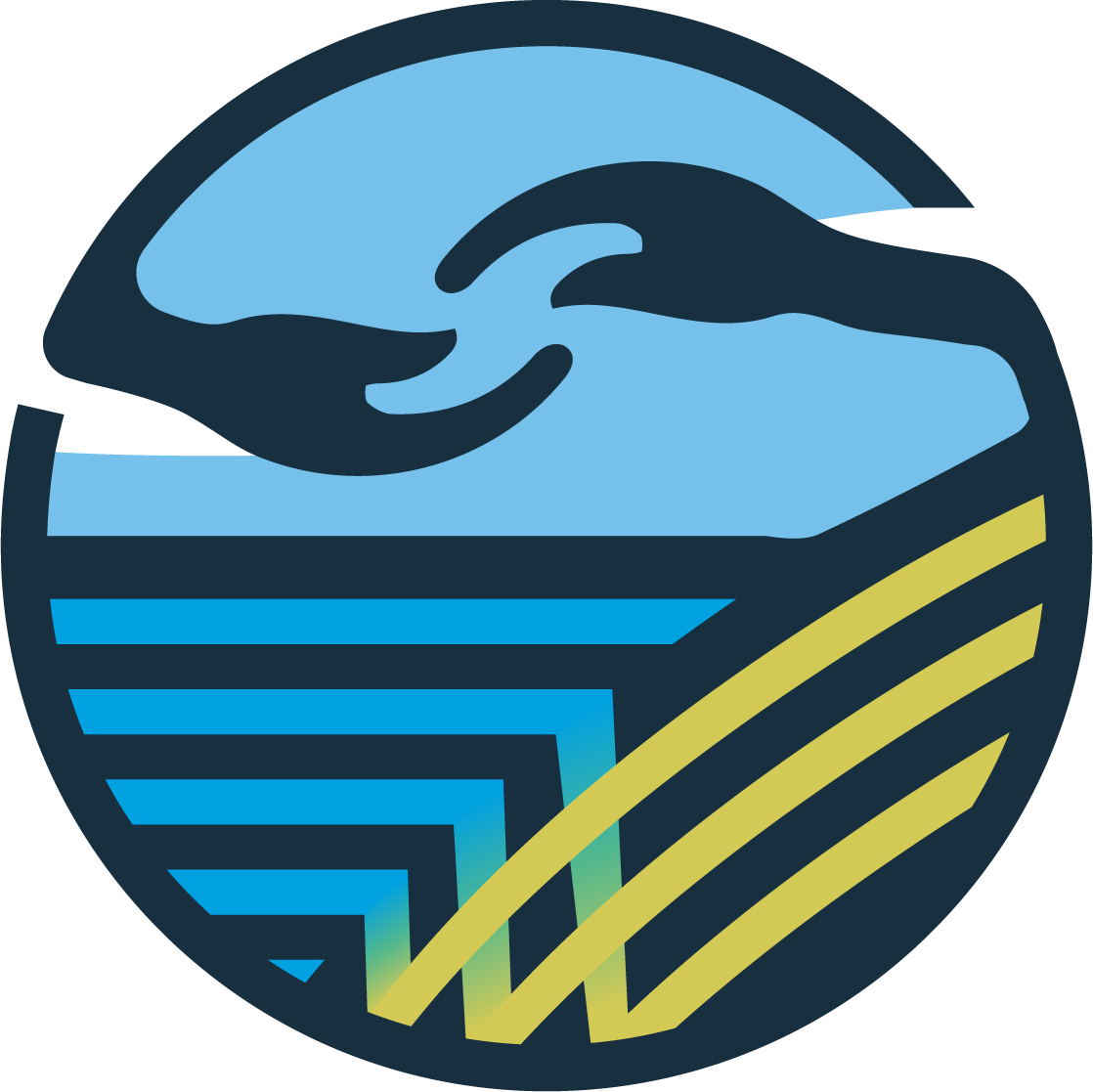Un'alternativa ai sistemi alimentari industriali che onora la scala e il ritmo dell'ecosistema attraverso catene di approvvigionamento più brevi.

Simile al progetto Foodnected, Local Catch è una rete nordamericana di famiglie/imprese/comunità di pescatori, ricercatori, organizzazioni no-profit, fornitori di assistenza tecnica e decisori. Abbiamo avuto la grande opportunità di parlare con Jordan Richardson, coordinatore della rete, e Brett Tolley, coordinatore del programma nazionale della Northwest Atlantic Marine Alliance (Nama), che fornisce il supporto principale a Local Catch.
Local Catch è stata fondata in un momento in cui si stavano formando diverse reti di prodotti ittici come alternativa ai modelli di pesca industriale.
Tutto è iniziato intorno al 2009, ci racconta Brett Tolley, quando i piccoli pescatori del Maine si sono resi conto che l'attuale catena di approvvigionamento di cibo marino li costringeva a scenari in cui per vivere decentemente dovevano pescare un volume molto elevato, cosa che sapevano non essere sostenibile, oppure non potevano fare affari. Hanno deciso di unirsi per ottenere un prezzo migliore e ridurre così la pressione sulle specie che stavano catturando, ed è stato un successo! Allo stesso tempo, la stessa cosa accadeva nella Carolina del Nord, nella Columbia Britannica e nel Massachusetts. La natura globale della catena di approvvigionamento stava diventando così estrema che i prezzi di vendita si stavano abbassando sempre di più, fino a raggiungere un punto di svolta. In quel momento, questi gruppi si sono resi conto che la solidarietà e la condivisione delle migliori pratiche tra loro erano fondamentali per avere un maggiore controllo sulle loro catture. Penso anche che il successo dell'intera iniziativa sia dovuto al fatto che non è stata guidata dal desiderio di fare soldi, ma dal sostentamento dei pescatori.
La rete Local Catch, proprio come FoodnectedLa rete è guidata da una serie di valori fondamentali grazie ai quali mantiene la fiducia tra i suoi membri ma anche con i consumatori.
I valori sono la linfa vitale della rete, Jordan Richardson insisteMa non potrebbe funzionare senza valori fondamentali molto chiari e significativi, perché permettono di rendere conto e di fidarsi. Perché una rete possa prosperare, deve esserci fiducia. La sensazione di essere in contatto con altri membri che aderiscono a questi valori fondamentali favorisce la collaborazione, il lavoro di squadra e l'impegno all'interno della rete.
La collaborazione e la connessione con persone che la pensano allo stesso modo sono il punto di forza della rete. Jordan spiega: Uno dei maggiori vantaggi di far parte di una struttura come questa è quello di avere questa rete di produttori di frutti di mare, imprese, fornitori di assistenza tecnica, ricercatori e di poter entrare in contatto direttamente con loro. Organizziamo workshop e abbiamo uno strumento di comunicazione interna che i nostri membri possono utilizzare quando hanno una domanda commerciale, quando cercano qualcuno che acquisti un certo tipo di prodotto o anche solo per discutere dei valori fondamentali (ad esempio: cosa significa "locale"?). È un ottimo modo per i nostri membri di entrare in contatto con persone che capiscono quello che stanno vivendo e un'opportunità per imparare gli uni dagli altri. La rete dà anche visibilità, ad esempio abbiamo un cercatore di frutti di mare che aiuta i consumatori a trovare i pescatori che vendono direttamente il loro pescato.
Iniziative come Foodnected e Local Catch promuovono sistemi alimentari più equi e sostenibili che funzionano per le persone, ma anche per la natura. I sistemi alimentari industriali e le catene di approvvigionamento stanno danneggiando l'ambiente ovunque, dice Brett. La nostra impronta ecologica è semplicemente scandalosa. Quello che stiamo costruendo è un'alternativa che onora la scala e il ritmo dell'ecosistema con catene di approvvigionamento più brevi.
Sottolinea inoltre l'importanza del sostegno da parte dei consumatori : Si tratta di sostegno morale. È molto importante per le persone che pescano. La pesca industriale rende in parte invisibile il pescatore, prende il pescato e lo esporta al di fuori del Paese, in modo che le persone che vivono qui non sappiano che tipo di pesce nuota nelle loro acque. Non significa che non gliene importi nulla, ma solo che non sanno cosa pescano i pescatori. Quando c'è uno sviluppo in città che minaccia il sostentamento dei pescatori, non si ottiene il sostegno locale perché la gente non lo sa. È quindi responsabilità dei consumatori conoscere queste cose: chi sono i pescatori, cosa pescano, come lo fanno?
Per i consumatori è davvero importante capire le pratiche e i valori che le aziende incarnano, Jordan aggiunge, e che sappiano quali sono i valori che cercano quando acquistano un alimento e se questi valori sono in linea. La capacità dei nostri membri di essere trasparenti sulla provenienza del pesce è fondamentale per i consumatori, che possono così capire meglio. Si tratta di cercare di avere un contatto il più diretto possibile, ad esempio potendo fare domande al mercato o ricevendo una spiegazione su dove è stato pescato il pesce se lo si acquista online.
Ulteriori informazioni su Cattura locale : https://localcatch.org/
Ulteriori informazioni su Nama : https://www.namanet.org/
